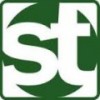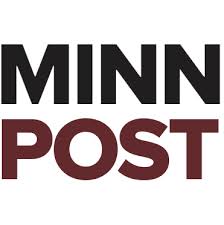The Minneapolis Star Tribune recently published an article about the life and career of Phil Adamo, professor of history at Augsburg College and 2015 Minnesota Professor of the Year.
The article focuses on Adamo’s engaging approach to teaching history and his personal history with academia. As a young man, he decided to forgo a college education in favor of a career as a clown with the Ringling Bros. Circus. Eventually, the constant demands of performance wore him down. “I was exhausted by performing so much, and I started to think that I wasn’t funny,” he said. “That’s a bad thing for a clown.”
Returning from the circus, he enrolled as a medieval studies major at Ohio State University, where a senior project involving a summer in a monastery led to an award-winning dissertation and propelled him toward a career in academia.
The article also depicts Adamo as an ardent supporter of having a liberal arts education, which he says “gives the benefit of having a better life, a more interesting life, a better understanding of who you are as a human.”
Read Augsburg professor left circus to bring history to life on the Star Tribune site.








